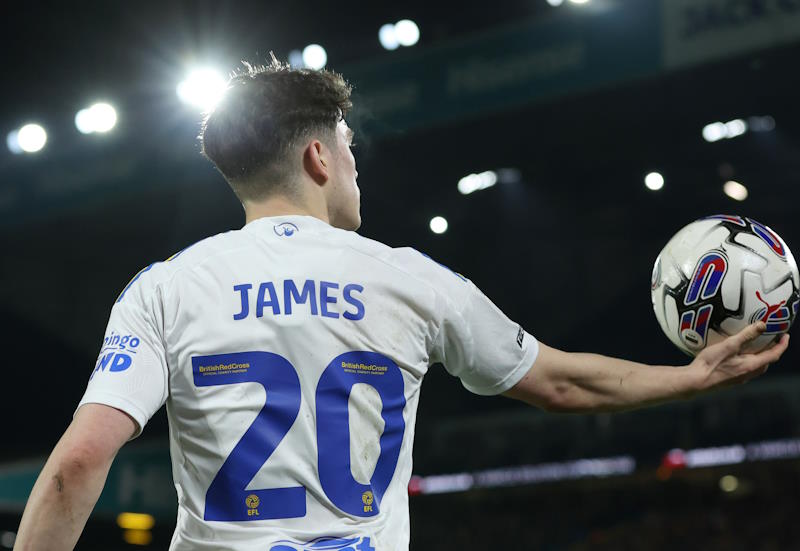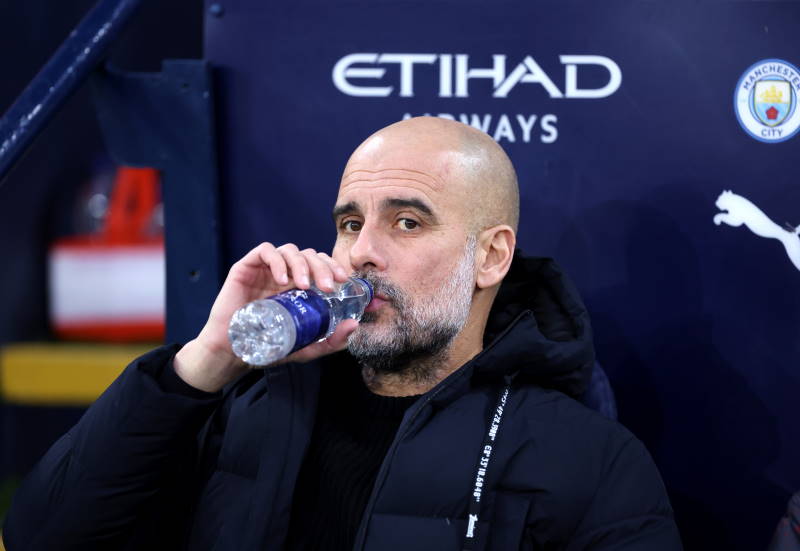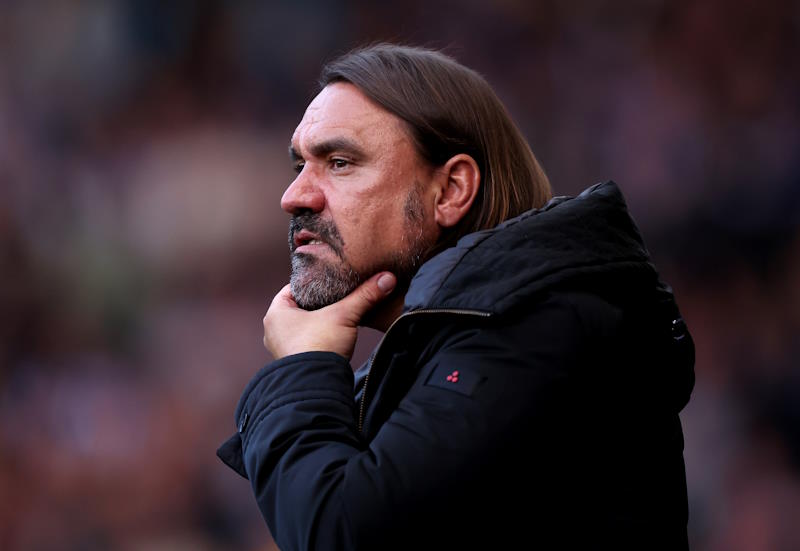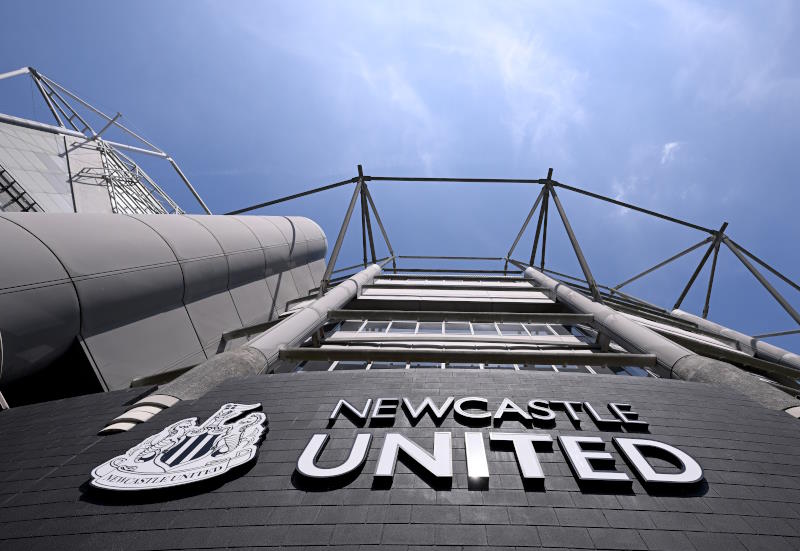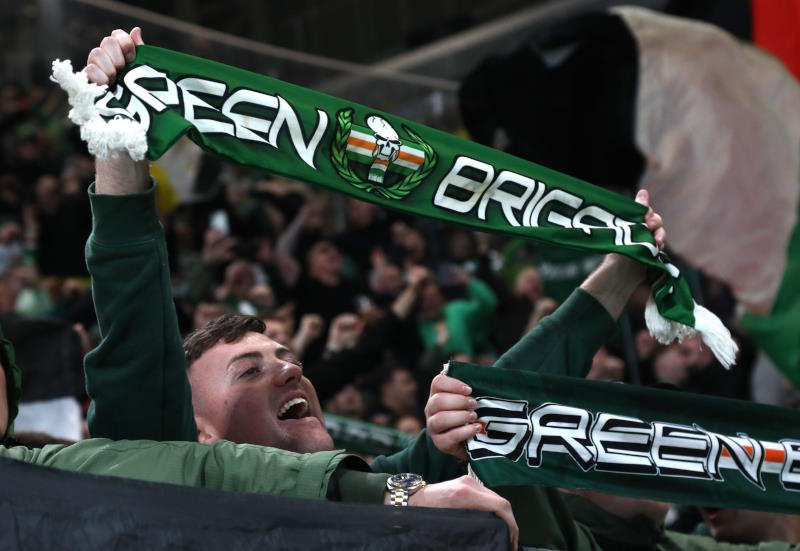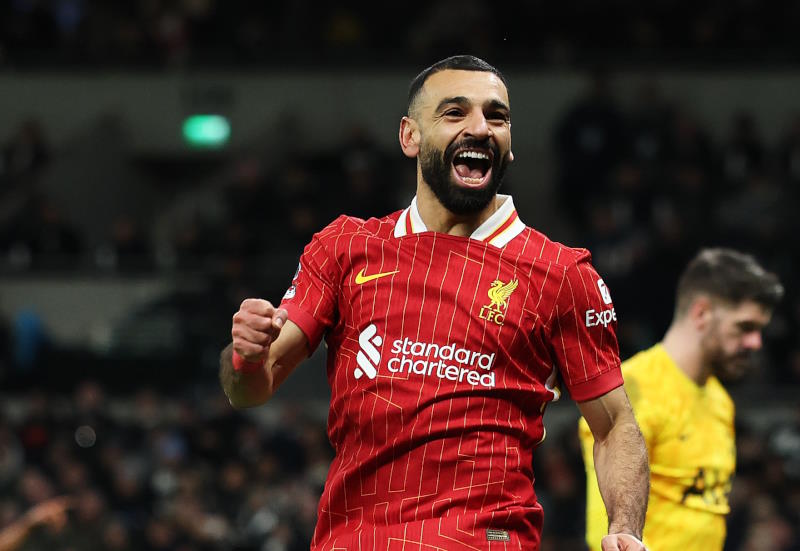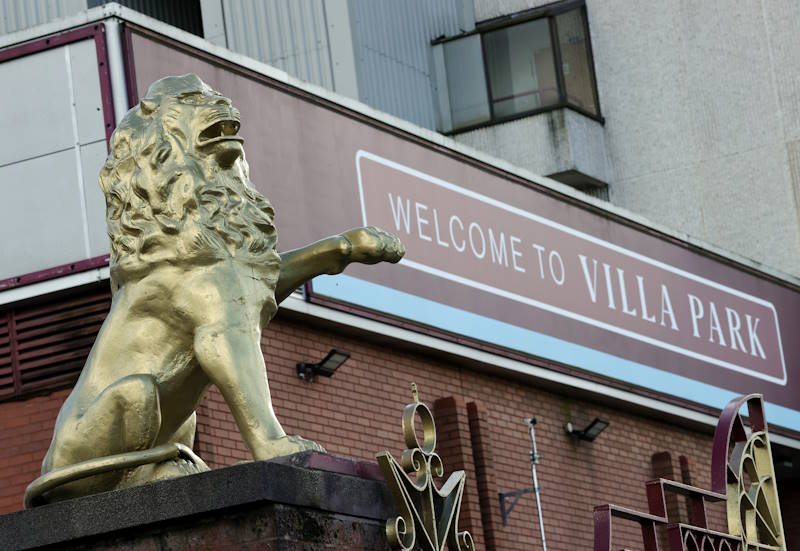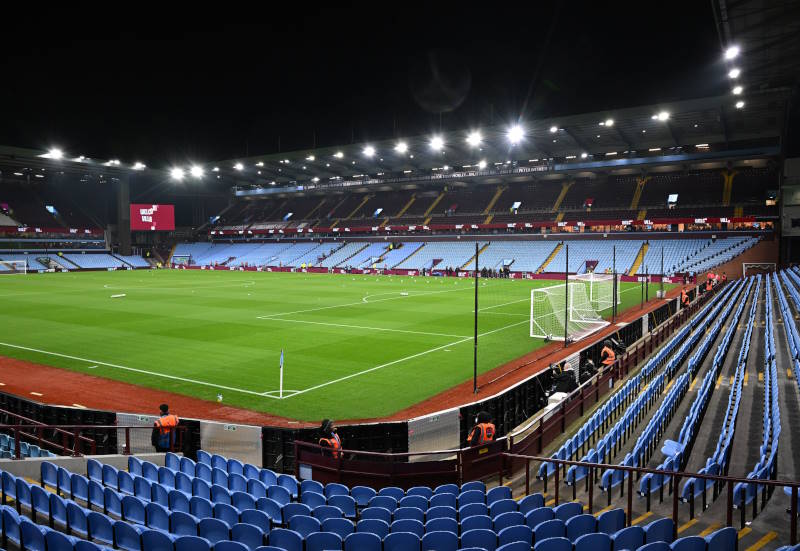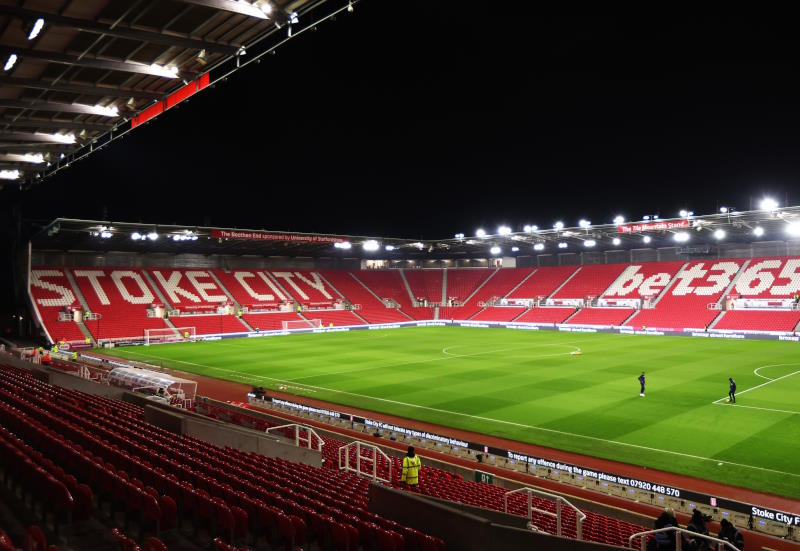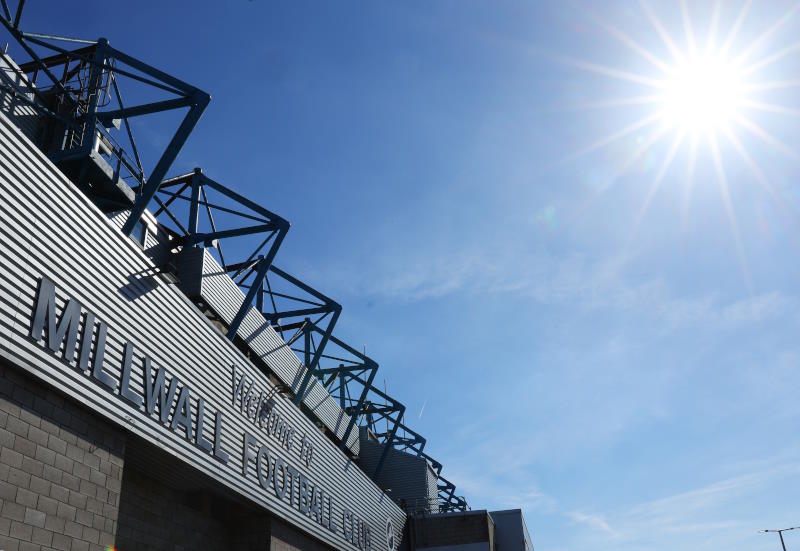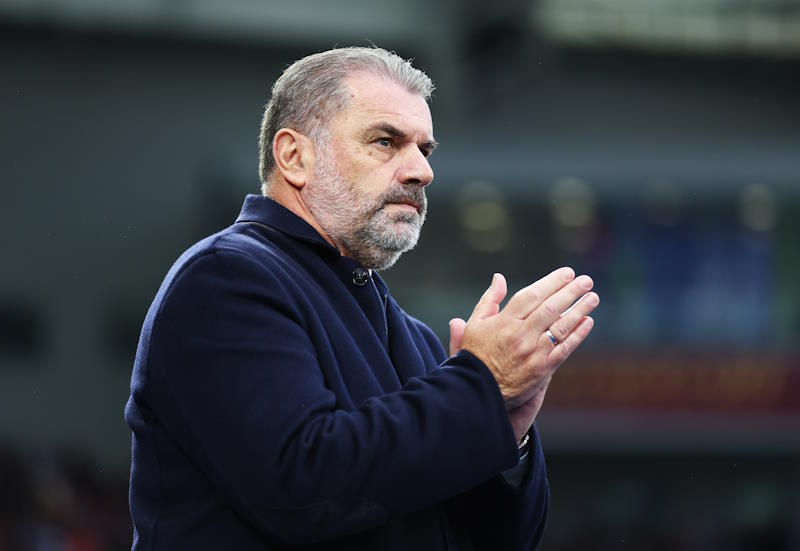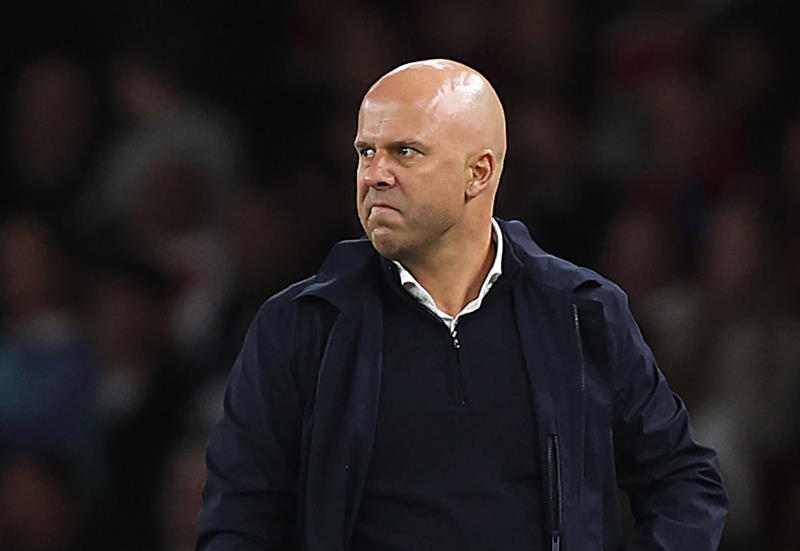
Some managers in world football have an intrinsic knack of spotting talent in the midst of a sea of players. Arsenal’s Arsene Wenger is one, England coach Fabio Capello is another. So when the former Juventus boss hand-picked the unknown Gonzalo Higuain to play for Real Madrid back in January 2007, most of the game’s pundits knew that they were witnessing a star in the making.
Born in Brest, France as the second son of Argentina’s Jorge Higuain, young Gonzalo developed a love for football at a tender stage, breaking through at the age of 17 at Buenos Aires giants River Plate. A strong showing against perennial rivals Boca Juniors in October 2006’s edition of the “Superclasico” alerted the big European clubs to this budding star’s ability.
Pretty soon, “El Pipita” would be the headline of a bidding war between River Plate and the likes of AC Milan and Real Madrid. Eventually, the Spanish club succeeded in luring him to the confines of the Santiago Bernabeu stadium, for the fee of €13M. Alongside Higuain also travelled his Boca Juniors rival Fernando Gago and Fluminense’s Marcelo, the latter two being touted as the next Fernando Redondo and Roberto Carlos respectively, both former Real Madrid legends.
Originally crafted as a striker in Argentina, Higuain would often find himself on the right side of Madrid’s midfield, taking the gap left by David Beckham following his altercation with then-coach Fabio Capello. As such, Madrid’s newest acquisition had a hard time coughing-up goals at the launch of his Blancos career, and his contributions were modest for some time, in contrast to those that made his name in Argentina’s Primera Division. At least until Real Madrid’s renowned “Last Ten Finals” trophy bid got underway.
With Real Madrid closing the gap on leaders Barcelona back in the 2006/07 season, Higuain came on in the encounter with Espanyol, with the score at 3-3. After a superb combination of passes exchanged between him and Jose Antonio Reyes, Higuain managed to slot in Real’s fourth, earning his team a valuable three points, and more importantly, propelling them to pole position in the league standings. The rest well, is history, as Los Merengues overcame Barcelona and won the league title on the last matchday of the season.
The following campaign, Gonzalo Higuain would prove to be even more important for Real Madrid, as his assist and goal contributions in the league-winning match against Osasuna meant that the nine-time European Champions would go on to win their 31st league title. In the next fixture against Barcelona, Higuain came on as a substitute, and scored with his first touch in what turned out to be a 4-1 drubbing of the Catalans.
Only last season did Higuain cement his place as a starter for Real Madrid though. After the exit of Robinho to Manchester City and the season-ending injury of Ruud van Nistelrooy, Higuain was promoted to first-striker duty by coach Bernd Schuster. His 22 league goals – of which four came against Malaga – meant that “Pipita” single-handedly carried what looked like an average side from round to round, and in some moments, gave it all hope that a third consecutive league title could very well be a reality.
With Juande Ramos assuming control of Real Madrid following a series of disastrous results, the former Tottenham Hotspur manager succeeded in slashing the 12-point deficit with Barcelona to just four prior to last April’s Clasico. Gonzalo Higuain scored the first goal of the night, sending the Bernabeu stadium into tears of joy, thinking that they were on course for yet another one of their epic season comebacks. However, things quickly turned sour as Barcelona annihilated Real Madrid for the remainder of the night, ending the match 6-2 in their favour, effectively dropping the curtains on the reigning champions’ hopes for the campaign.
After Florentino Perez regained Real Madrid presidency in June 2009, many thought that the likes of Gonzalo Higuain would be shown the door, especially as they were perceived as the buys of the previous regime. €254M later, Higuain knew that much was needed from him should he want to earn a first team position in coach Manuel Pellegrini’s squad. After relegating fellow Frenchman Karim Benzema to the bench, Higuain became his team’s main attacking threat. He netted his first Champions League goal in the 5-2 drubbing of FC Zurich, and also went on to score many important goals for Real Madrid, netting his team’s two goals in the encounter with Getafe; the winner in the exciting 3-2 win over neighbours Atletico Madrid; and the sole strike against Racing Santander.
The Argentine would also go on to secure more wins for his team, especially when all seemed to be lost. Such occasions were the 3-2 scoreline versus Valencia at the Mestalla. Dominant displays also occurred against Real Zaragoza (two goals), Espanyol (returning after three weeks of injury to find the net after a mouth-savoring move), Villarreal and Tenerife (four strikes in both games).
Leading the Real Madrid scoring chart with 16 goals to his name at the time of writing, Higuain now forms a deadly striking partnership with Cristiano Ronaldo. Three goals shy of countryman Lionel Messi, many feel that a Pichichi accomplishment by Higuain would most surely bring the gold back to Madrid.
On the international front, Higuain has been the subject of much debate, especially as his birth in France entitled him to play for Raymond Domenech’s team. At first, it looked as if he was going follow the footsteps of David Trezeguet, who despite being of Argentinean roots, went on to play for Les Bleus.
In the end though, the forward chose to end any speculation by declaring his allegiance to the Biancoceleste. Originally snubbed by coach Diego Maradona, he finally got his call-up for the critical World Cup deciders against Peru and Uruguay. Higuain scored on his debut against Peru, a strike that seemingly earned him his World Cup ticket. More recently, he scored the sole goal in his team’s friendly win against Germany.
Trophies or not, Gonzalo Higuain has proved to be a key asset for both club and country. Should he continue on the same path, it won’t be long before he establishes himself as one of the game’s greats.
Related Articles:
- – The Battle Behind Iker Casillas and Pepe Reina
- – Top Five Spanish Stars of Tomorrow
- – Sevilla’s Jesus Navas Eyeing Up World Cup

